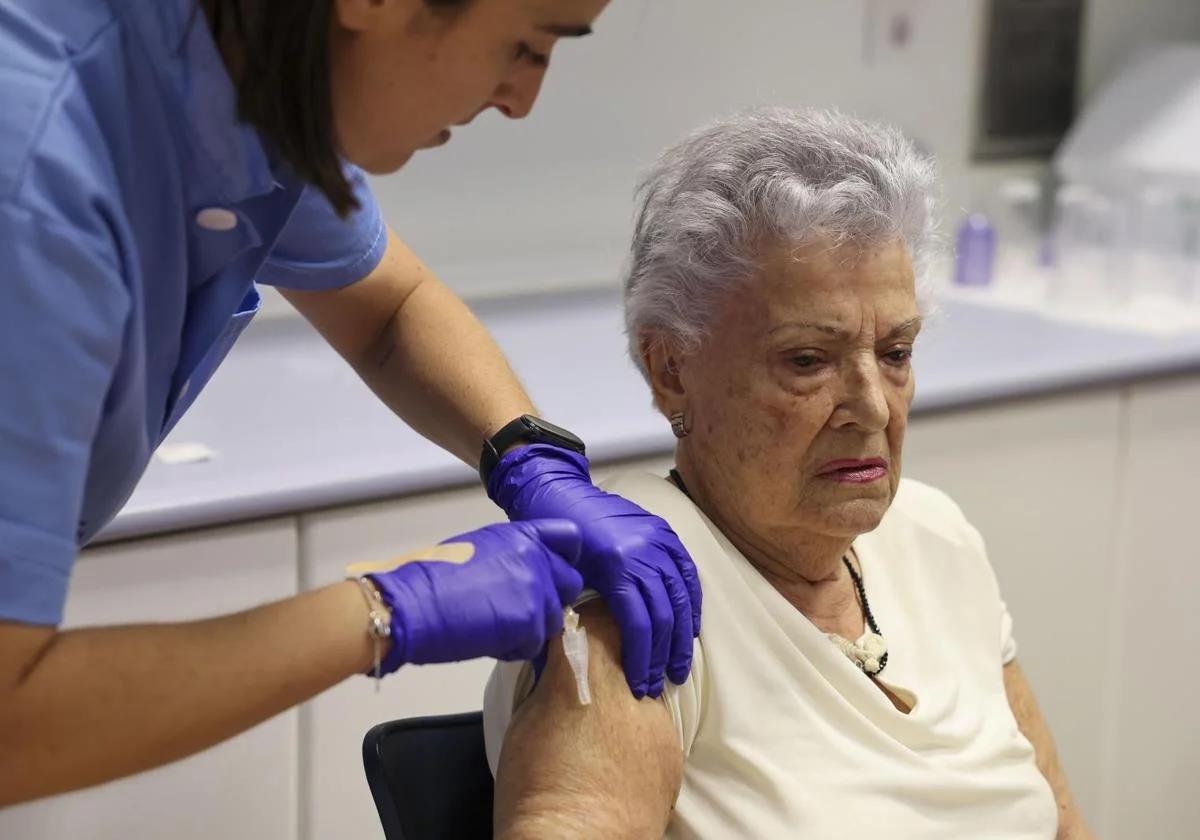Tuesday, 23 September 2025, 19:09
A team of Spanish researchers has designed a new generation vaccine against Covid-19 that among its main virtues achieves total immunisation of the patient against infection by the coronavirus, as it completely blocks SARS-CoV-2 from entering the body, therefore preventing it from replicating and spreading through the organism.
The efficacy and safety of the vaccine, designed by the team at the Centro Nacional de Biotecnología (national biotechnology centre) led by virologist Luis Enjuanes, have already been tested in preclinical experiments on what are known as humanised mice, rodents that are genetically modified to have the characteristics of the human immune system. From now on, the model would have to move to the clinical phase, to be tested in humans.
The vaccine is based on SARS-CoV-2 replicates that have had six genes deleted that are particularly involved in the virulent spread of the virus through the body, and is administered through the nose. Tests with different variants of the coronavirus, including the most current ones, have shown that with the first dose 60% protection is achieved and after the second administration the protection is 100%.
The formula blocks infection in the nose itself, as it slows the spread of the virus in the respiratory mucous membranes, which are precisely where it usually enters the body. The results of the work reported by Spain’s Centro Superior de Investigaciones Científicas (CSIC) indicate that this vaccine achieves a “sterilising immunisation”, total, as the levels of the virus after administration are undetectable in both nasal and pulmonary samples.
Luis Enjuanes’ team has added another series of advantages of their design over most of the current vaccines marketed against Covid-19, in addition to the guarantee of total shielding. The first is that the defective “replicons” of SARS-CoV-2 RNA that make up the serum have a high capacity to replicate inside cells, thus reducing the dose of vaccine needed to achieve effectiveness. Secondly, the non-invasive route (injection) facilitates its use in vaccination campaigns.
But the results of the experiments point to two other important virtues of the new design. The first would be its flexibility in adapting to a virus with frequent mutations and variants. According to the researchers, updating its “replicons” to the main variants circulating at any given time, in order to guarantee its effectiveness, would be “easily achievable” in just two or three months.
The second is that they believe their product may be more effective in curbing infections in the elderly, among whom current vaccines have weaker effectiveness.
